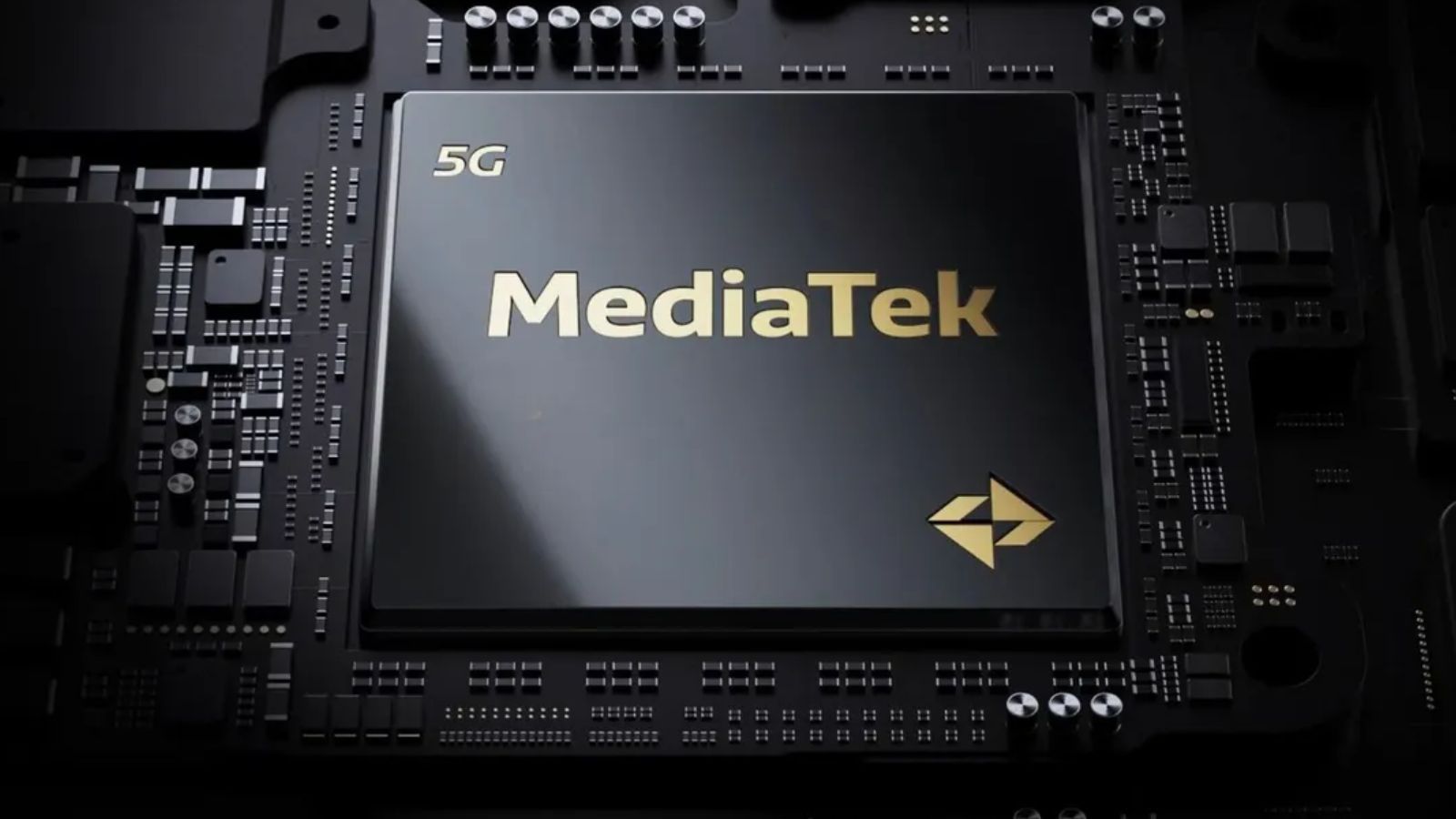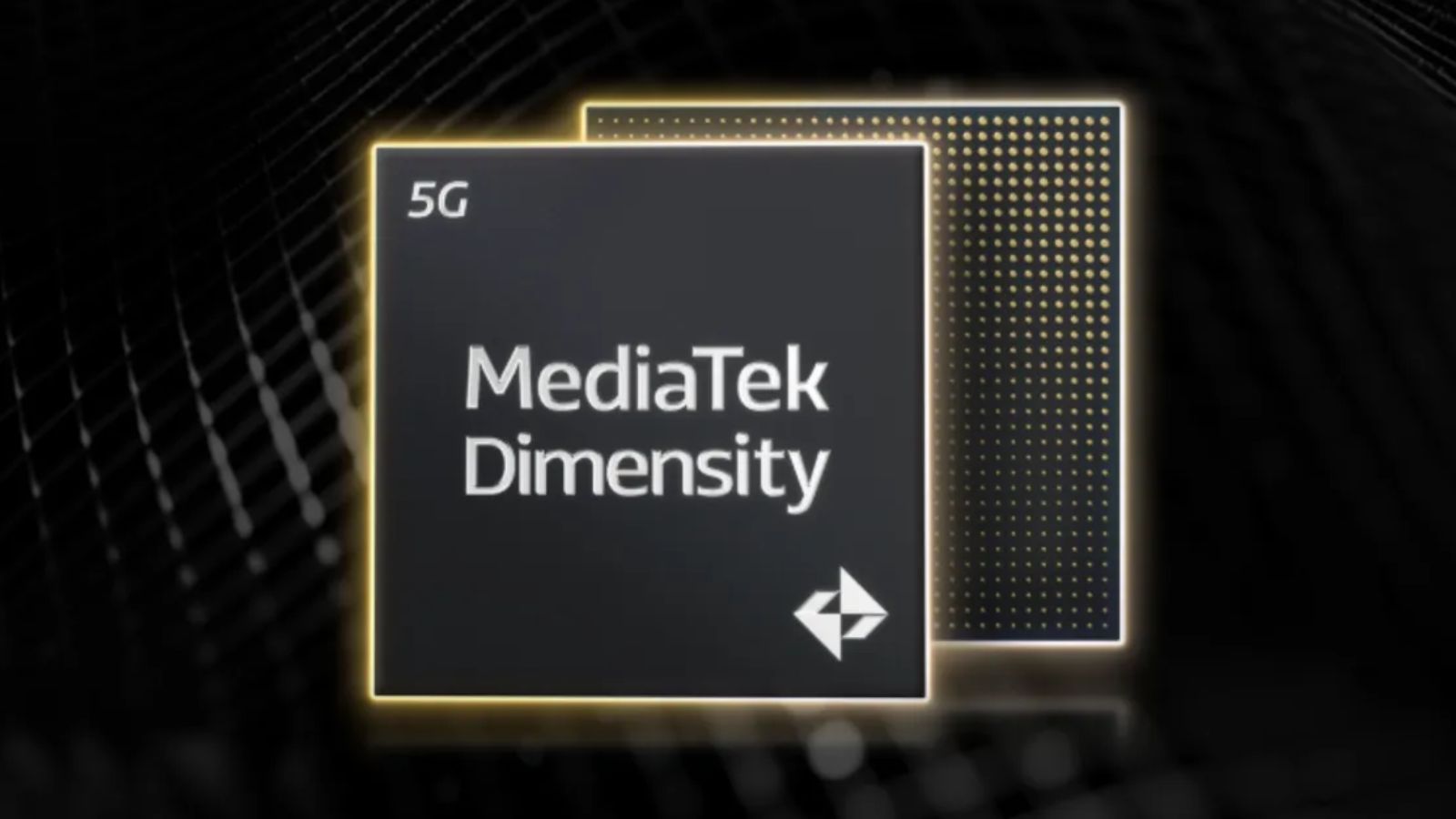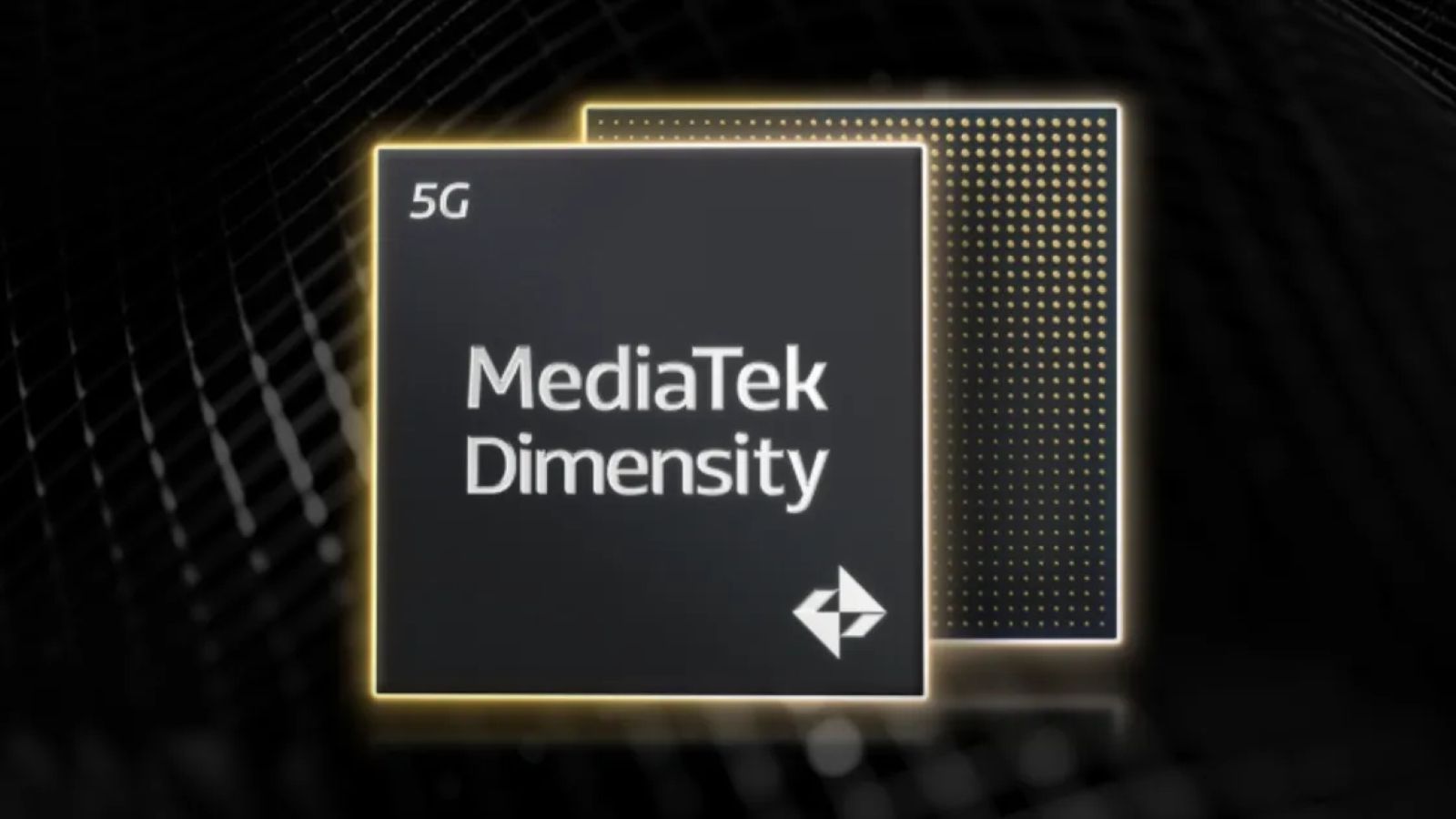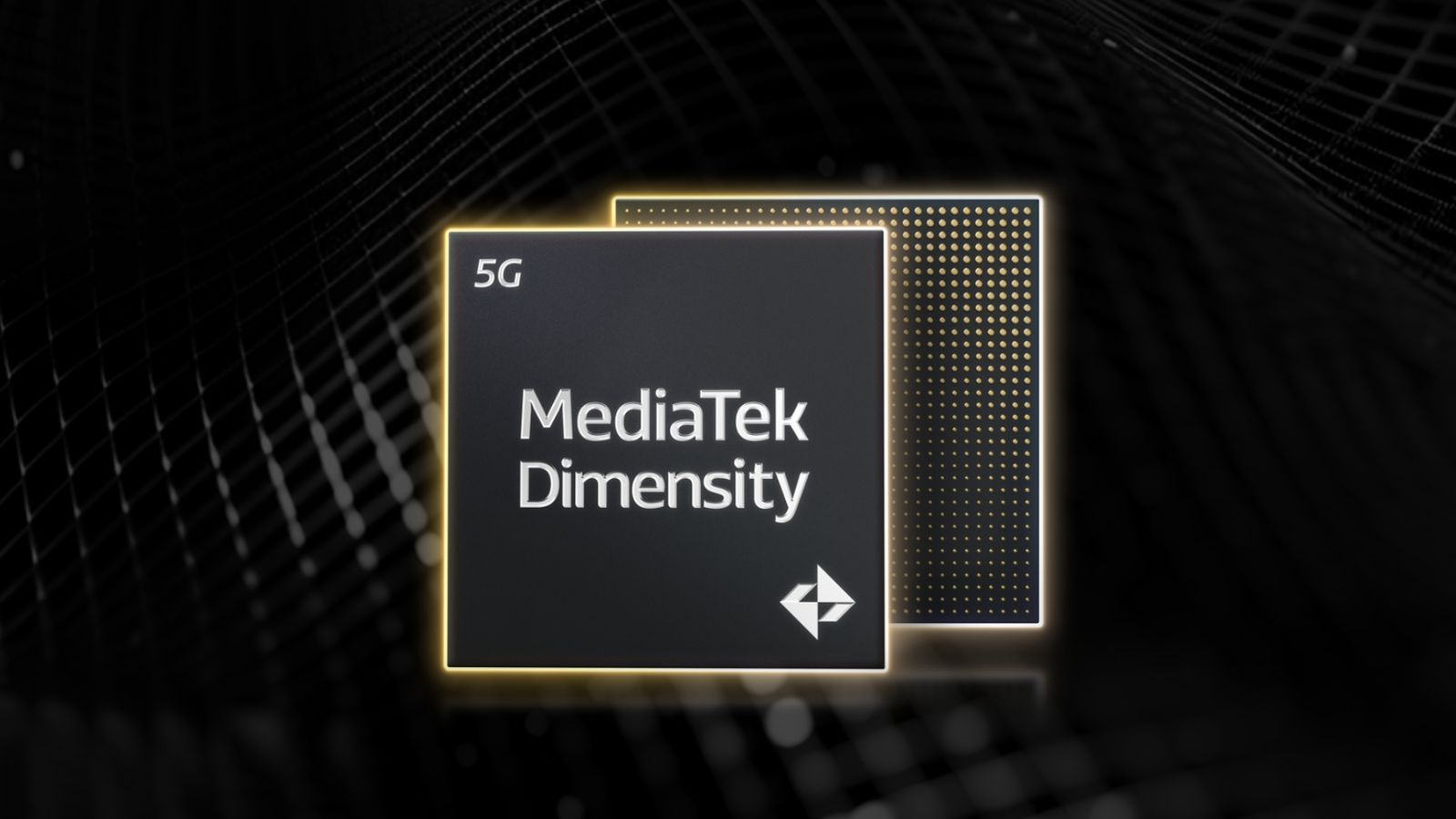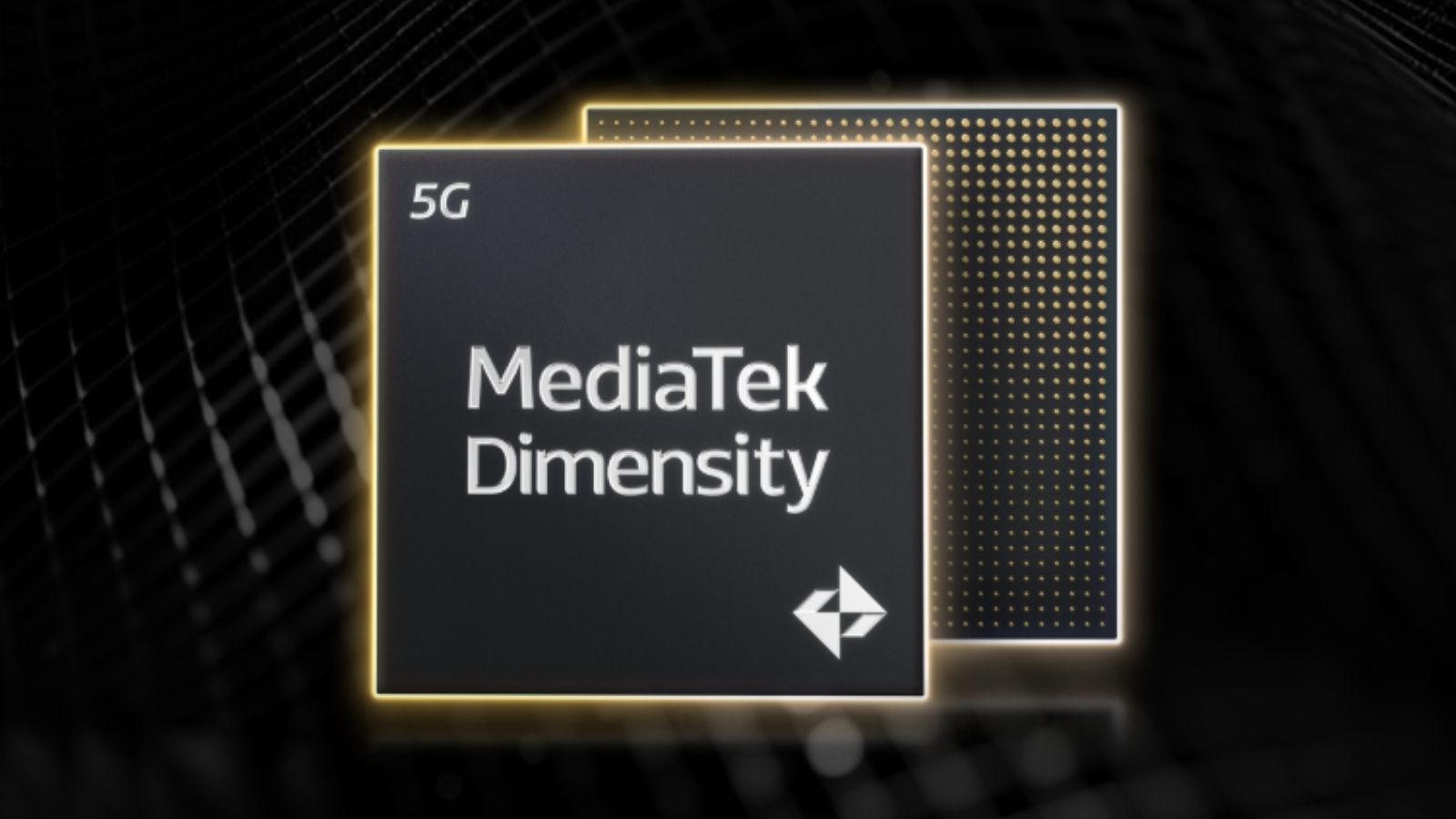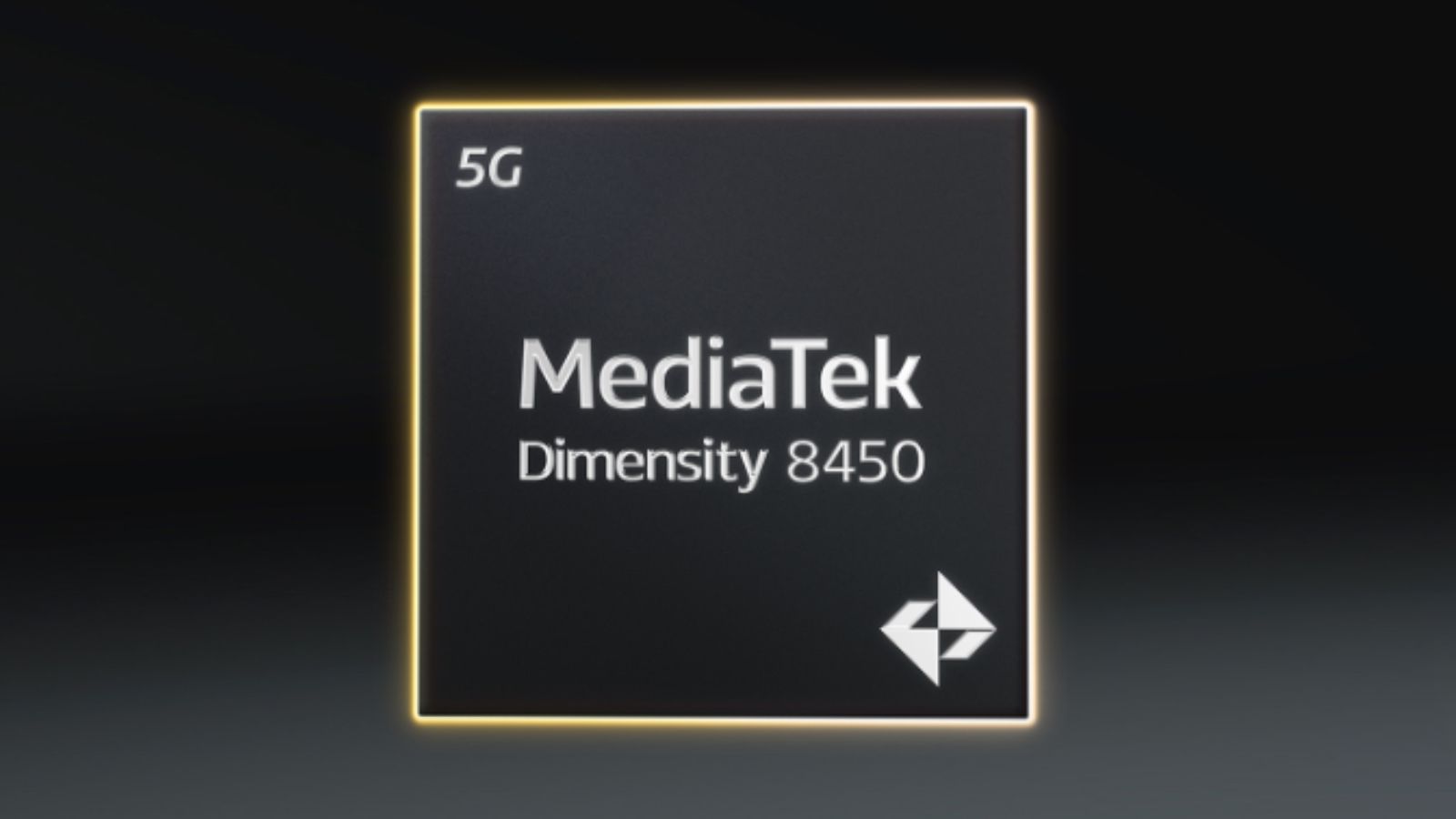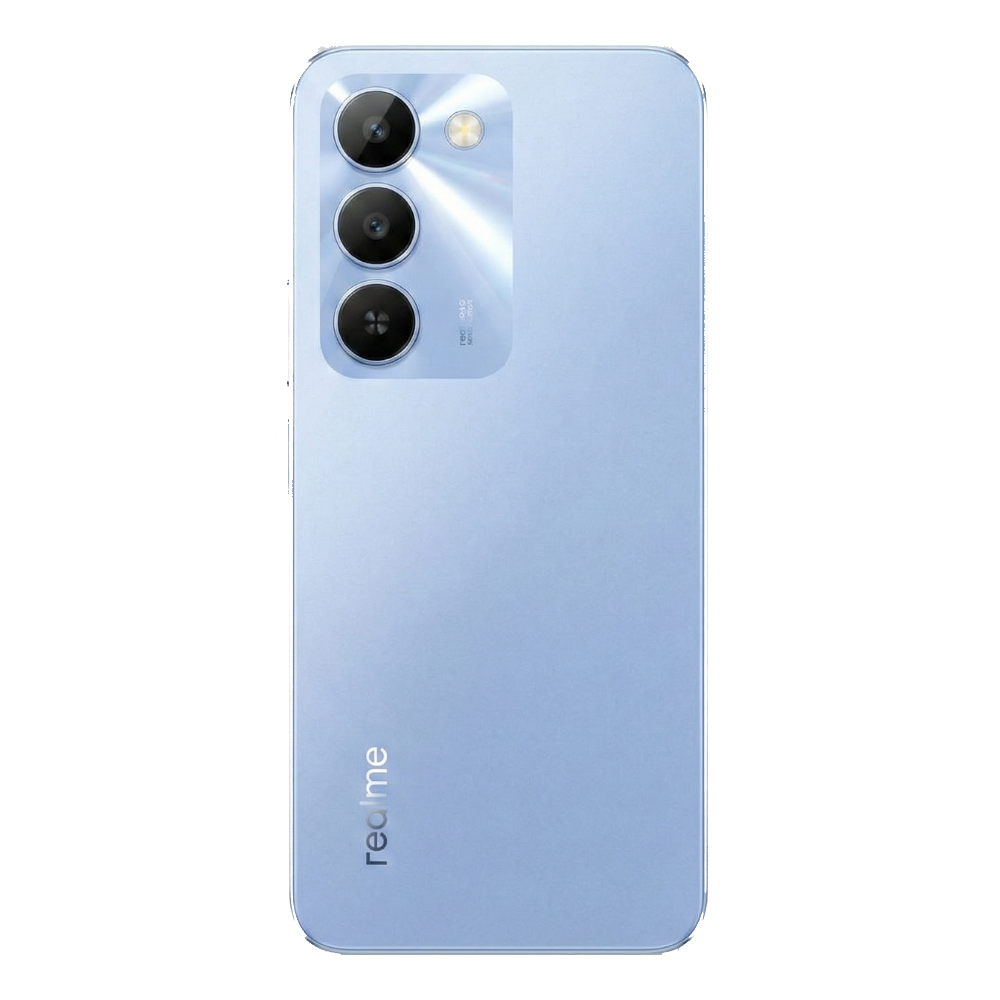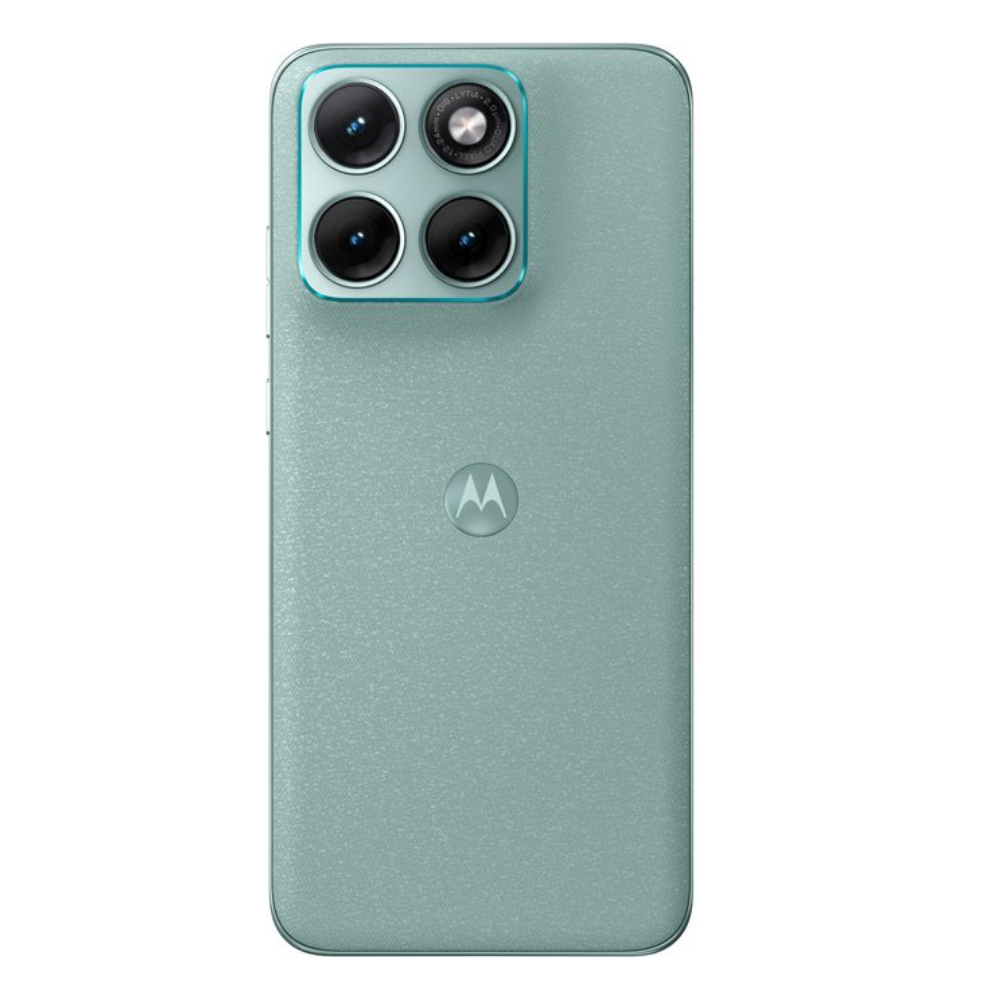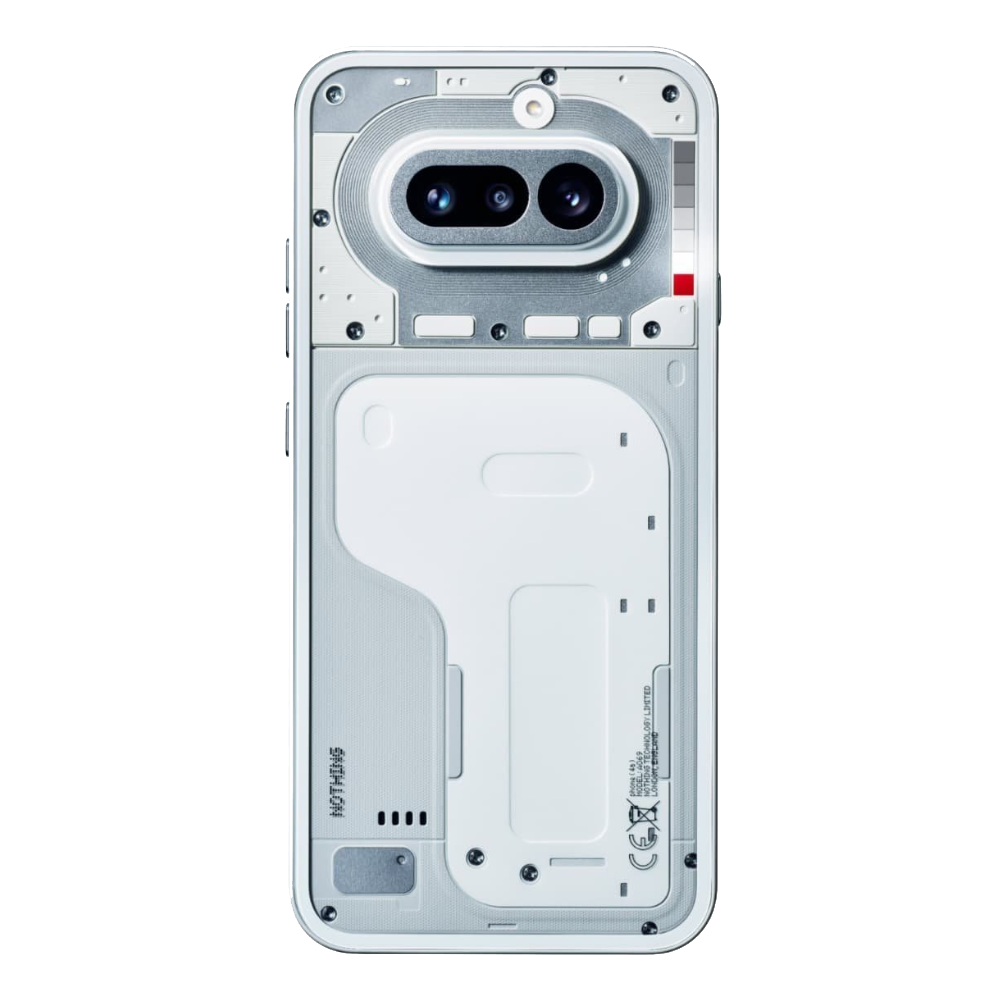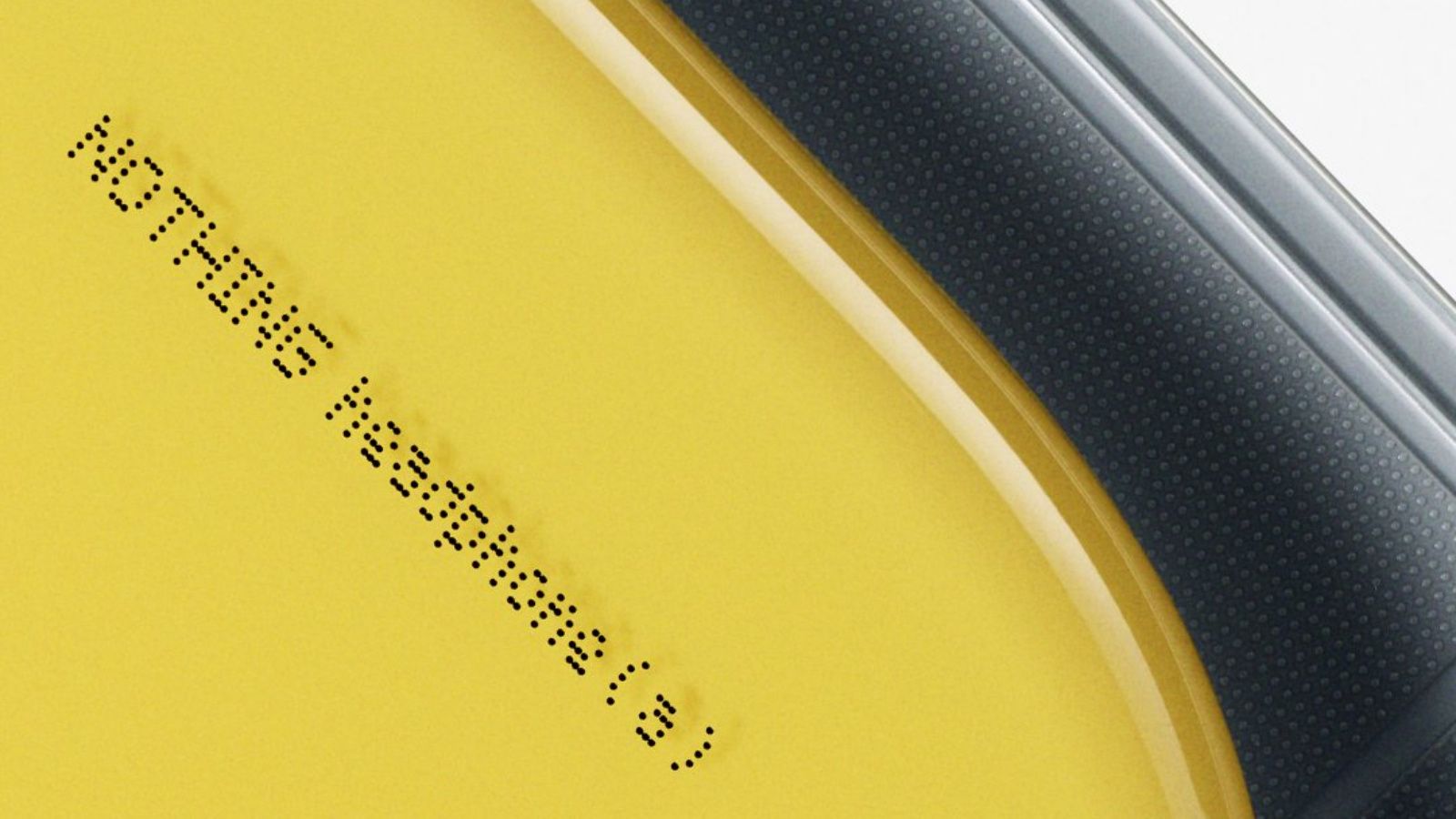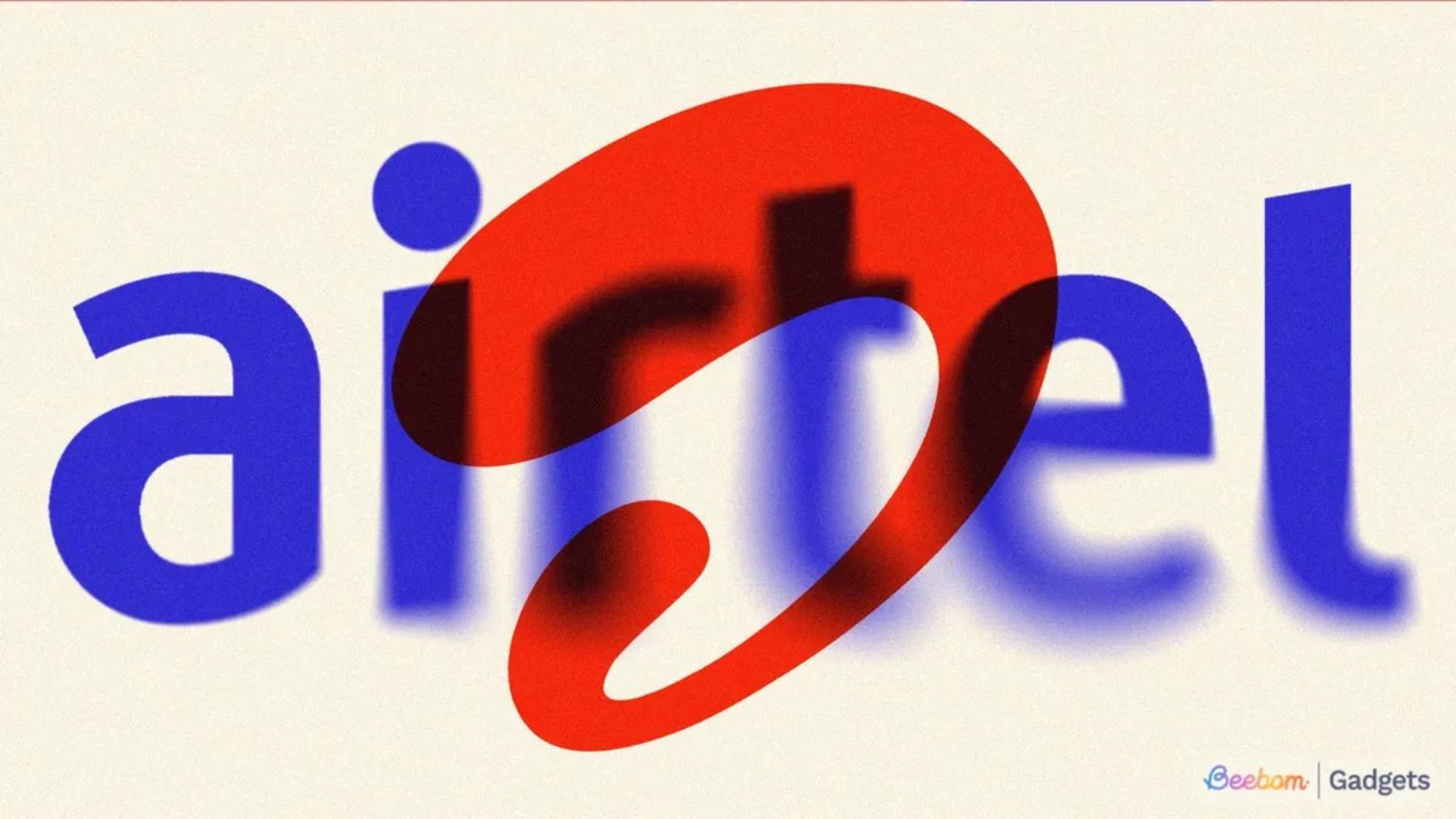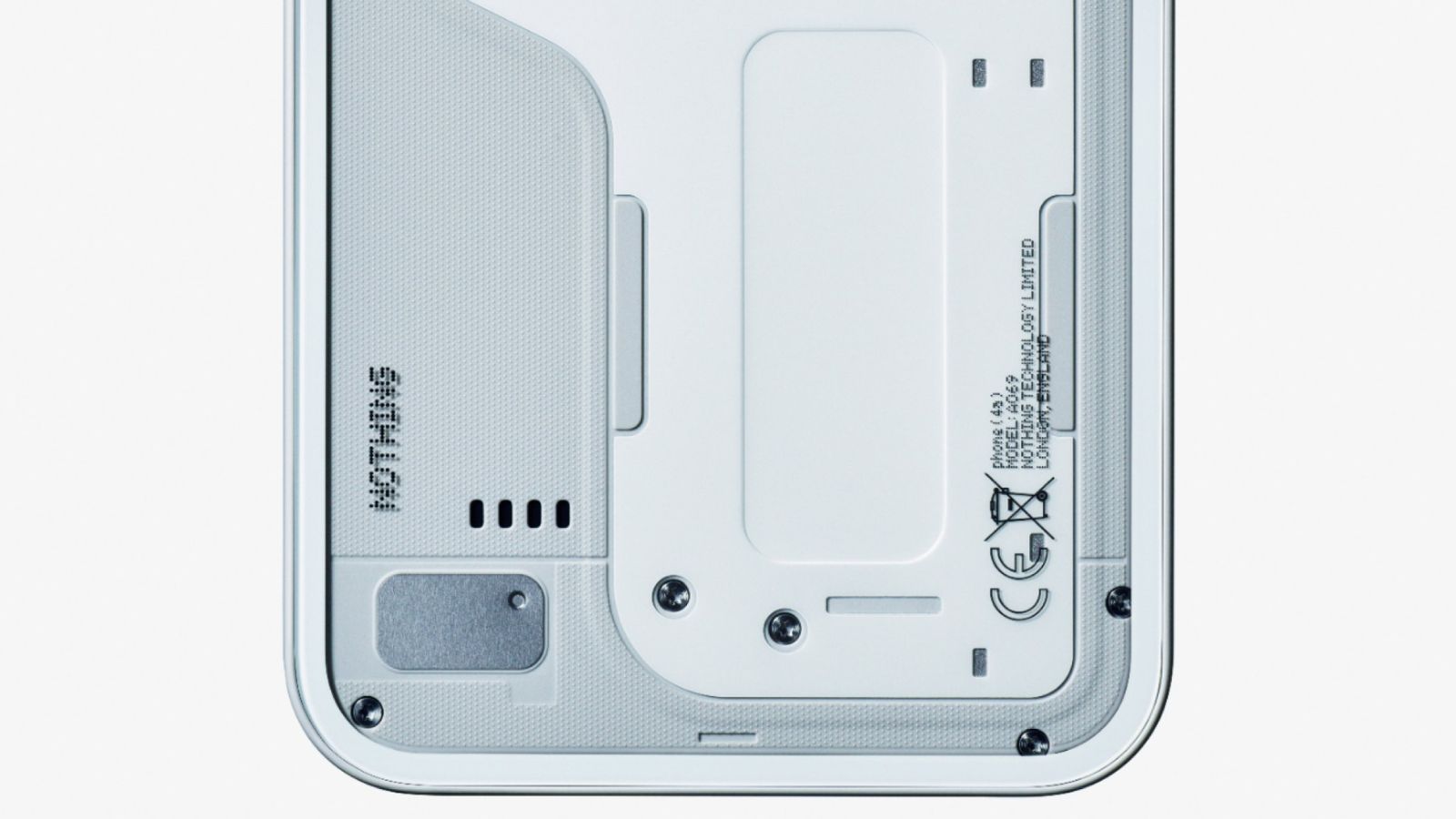We are almost nearing the time when MediaTek unveils its new flagship mobile processor. The next entrant to the list is the Dimensity 9500 which is reportedly set to cross the 4 million Antutu points barrier.
Tipster Digital Chat Station (DCS) has revealed via Weibo that the upcoming MediaTek Dimensity 9500 chipset will allegedly be able to score 4 million+ in the Antutu benchmarking test. If true, this will indicate a whopping 48% gain over the Dimensity 9400. For context, the MediaTek Dimensity 9400 managed to achieve only 2.7 million Antutu points.
Interestingly, DCS claims that the SoC's test run result is based on Antutu version 11 which is yet to be announced. So, we believe this is not the final score of the Dimensity 9500 and the final iteration will most likely witness a slight fluctuation.
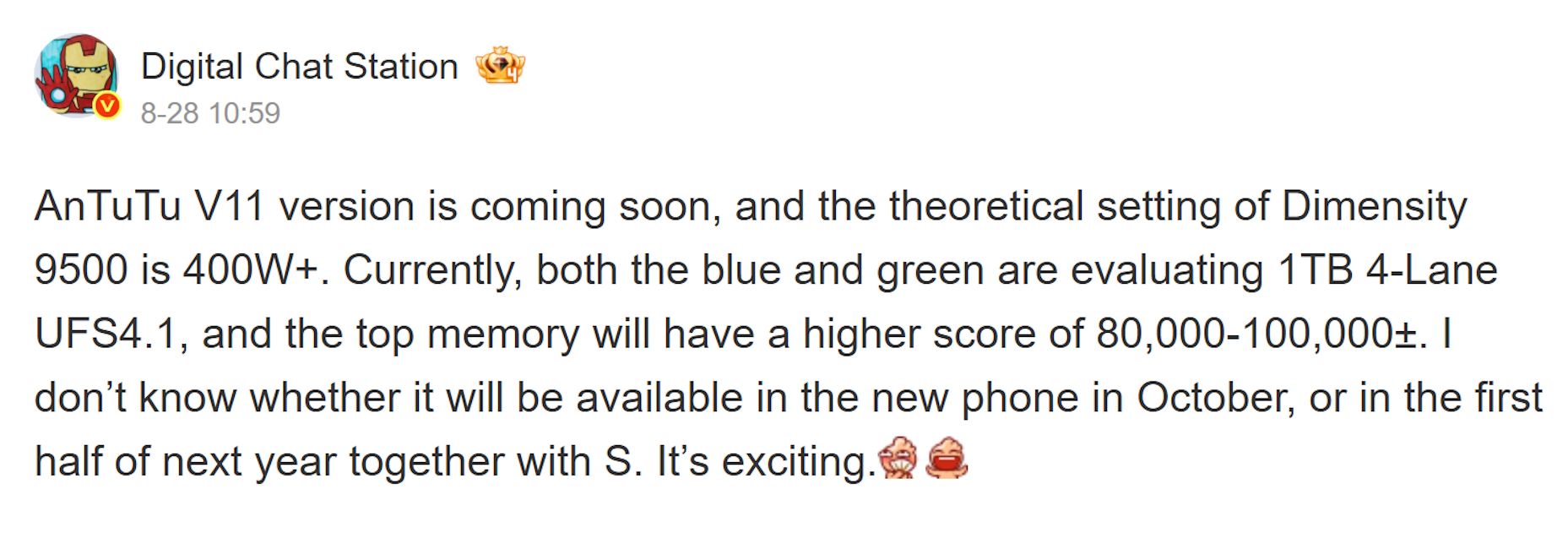
However, the current score in itself is commendable and falls in line with the chipset's leaked Geekbench score which did hint at strong gains. The Dimensity 9500 managed to score over 11,000 points in the multi-core test.
That said, it is important to note that according to the tipster the kind of storage the chipset is paired with will play a huge role in its performance. Brands like Vivo and Oppo are reportedly considering paring the Dimensity 9500 SoC with 1 TB 4-lane UFS 4.1 storage.
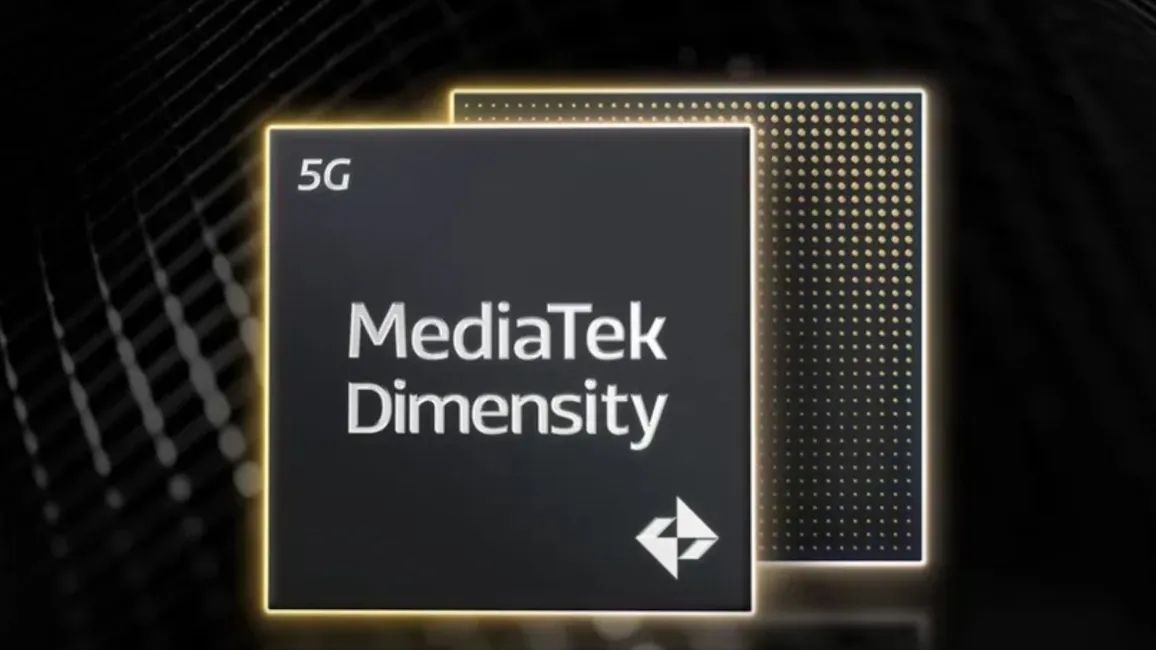
When properly optimised, this could add a performance gain of somewhere between 80,000 to 1,00,000 on top of the raw CPU and GPU score. Speaking of its configuration, the mobile chipset is expected to bear an 8-core architecture fabricated using TSMC's 3 nm process node. The processor is expected to feature a Cortex-X930 prime core with 3x Cortex-X9 cores and 4x Cortex-A7 cores.
The GPU is said to be the Immortalis Drage GPU. Apart from this, the SoC will likely bring 16 MB of L3 cache, LPDDR5x and UFS 4.1 RAM and storage support and up to 100 TOPS NPU.
With that being said, if we are to believe previous rumours, MediaTek will announce the Dimensity 9500 on September 22, 2025. Hence, we will not have to wait long for the flagship-grade SoC to break cover.


